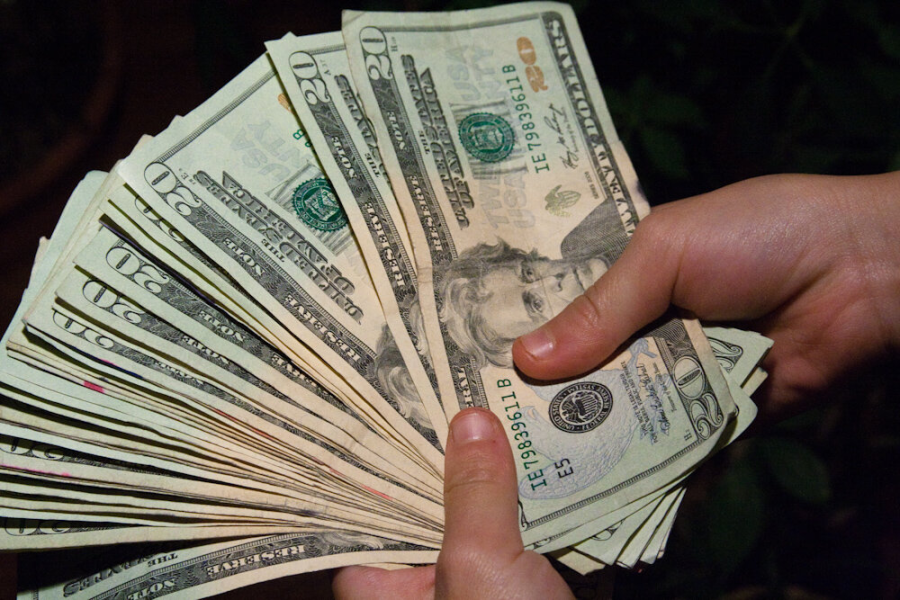Why NIL has been beneficial to college athletes
December 6, 2022
For over a year now, college athletes have been able to monetize their name, image and likeness (NIL). It’s something that every person in America can do without regulation. However, many critics of NIL rights overlook the rightfully positive aspects, which range from charitable donations to student-athletes gaining real-world business knowledge.
The players, who are the reason why some universities have millions of dollars streaming into them, are now being compensated for all their efforts. There are certain drawbacks to this. Some players will accomplish a lot, while others may not do much. Some of these athletes may begin to believe that this is wrong and that they deserve the equivalent.
Even at the D3 level, student-athletes have the opportunity to earn money and receive effective coaching to ensure they are making good decisions. So, not only is it beneficial for student-athletes to be able to earn money, but in circumstances like these, it may contribute to the benefit of a community.
While some people still have many reservations about this, it is the proper thing to do for athletes. It has been a long time coming, and it allows athletes to create their brand and prepare to go on with their careers.
Overall, I believe this is a positive move that will benefit universities and their athletes. The key will be for players coaches, and university personnel to be cautious. Students are still competing, and significant amounts of money and deals have been made. It will be interesting to observe how this develops over the next several years.
Some examples of college athletes with NIL deals are…
Division 1
- Bryce Young (Football) – Deal with BMW, Subway and Cashapp. Young is earning close to $1 million.
- Ellie Bolton (Women’s basketball) – Deals with Heart Mind Soul and Little King Deli and Subs. Bolton is earning nearly $10,000.
Division 3
- Jack Betts (Football) – Deals with BodyArmor, Honey Stinger, Fanatics and more. Betts is earning $7,500.














